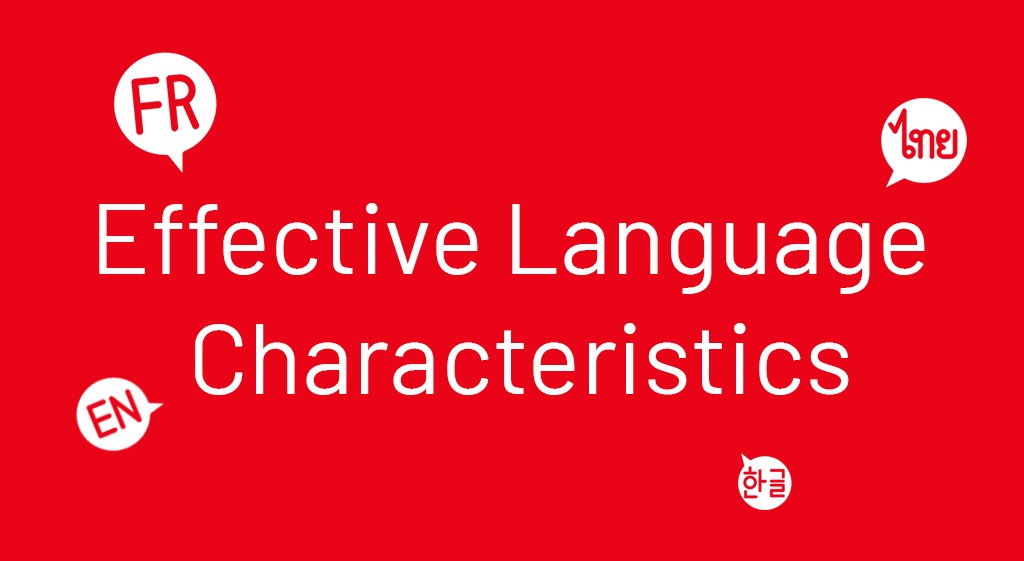In our last blog – “Content with your Content?” we asked how your audience would react if you spoke to them in a foreign or weird language. For example, the less bright Brits aboard just shout louder when they’re not understood, we’re told. But if your clients aren’t listening to you, there are reasons, and yelling at them louder won’t be the answer.
MY PRODUCT IS GREAT: Wanna buy one? – doesn’t work, does it?
Here are some ideas for your choice of language:
- Most people loathe inflated language and so why use it? (for example, ‘like,’ ‘Wow,’ ‘Amazing,’ ‘Literally,’ etc).
- Using capital letters is often seen as SHOUTING!
- Use ‘you’ and ‘your’ a lot. Talk about them four times more than you talk about ‘I’ or ‘we’.
- Use Plain Language – make sure it flows.
- Your text needs to challenge, to make them think.
- The main advantages of plain language are that: it is faster to write; it is faster to read and you get your message across more often.
- People like lists, don’t be afraid to use them. If you say, ‘Here are ten reasons’ – it’s measurable and people know how they will be stretched.
- If you use pronouns like him rather than her, remember there are roughly the same number of women in the world than men. So, balance their use.
- Write as you talk – look at it that connecting to your reader is a privilege, not a right so don’t take on a different persona when you write. If you do, you’ll drive people away. (i.e. they’ll just stop reading and consign you to Junk).
- Write as you talk – as if the reader is opposite you.
- Don’t use words that the reader is unlikely to understand, just for effect. Your reader is unlikely to want to check a word on Google. They’ll just stop reading. For example, I had a letter of apology from a computer hardware company saying, ‘Please forgive our dilatoriness in this matter.’ Dilatoriness? Give me a break!
- Don’t use acronyms or jargon.
- You don’t have to sound lofty to be an authority in your subject but always quote others, especially if you’re being a bit controversial.
- Always quote from authoritative sources – preferably well-known individuals / in your industry: Trade Associations, educated thought leaders, worthy newspapers. (Quote the source and date. For example, if you copied a piece of text and claimed it as your own, it will be considerably less powerful than if you quote and date it from a world authority).
- Never use fill words. E.g. Actually, basically, at this moment in time. They add no value; they’re weak.
- Run a grammar check and a spell-check.
- Make it flow easily. Read it out loud. If you trip over it, so will they.
- Use spacing and punctuation well. Learn how to use apostrophes. It does still matter. We’ll revise later! A client recently gave me a piece of text containing 400 words in one paragraph. I stopped reading it. Paragraphs help your reader to pause and reflect your argument in bite-size pieces. That’s how the mind absorbs and contains.
- Try to keep sentences to 4 – 15 words max. Also, using some three-four word sentences can be effective.
- At the final pass, read and re-read what you’ve written. If it doesn’t scan or read well. alter it. If it doesn’t add value to your argument, chop it.
We all think we can write until it comes to the time.
Call us if you have a project underway and we’ll be pleased to help.

